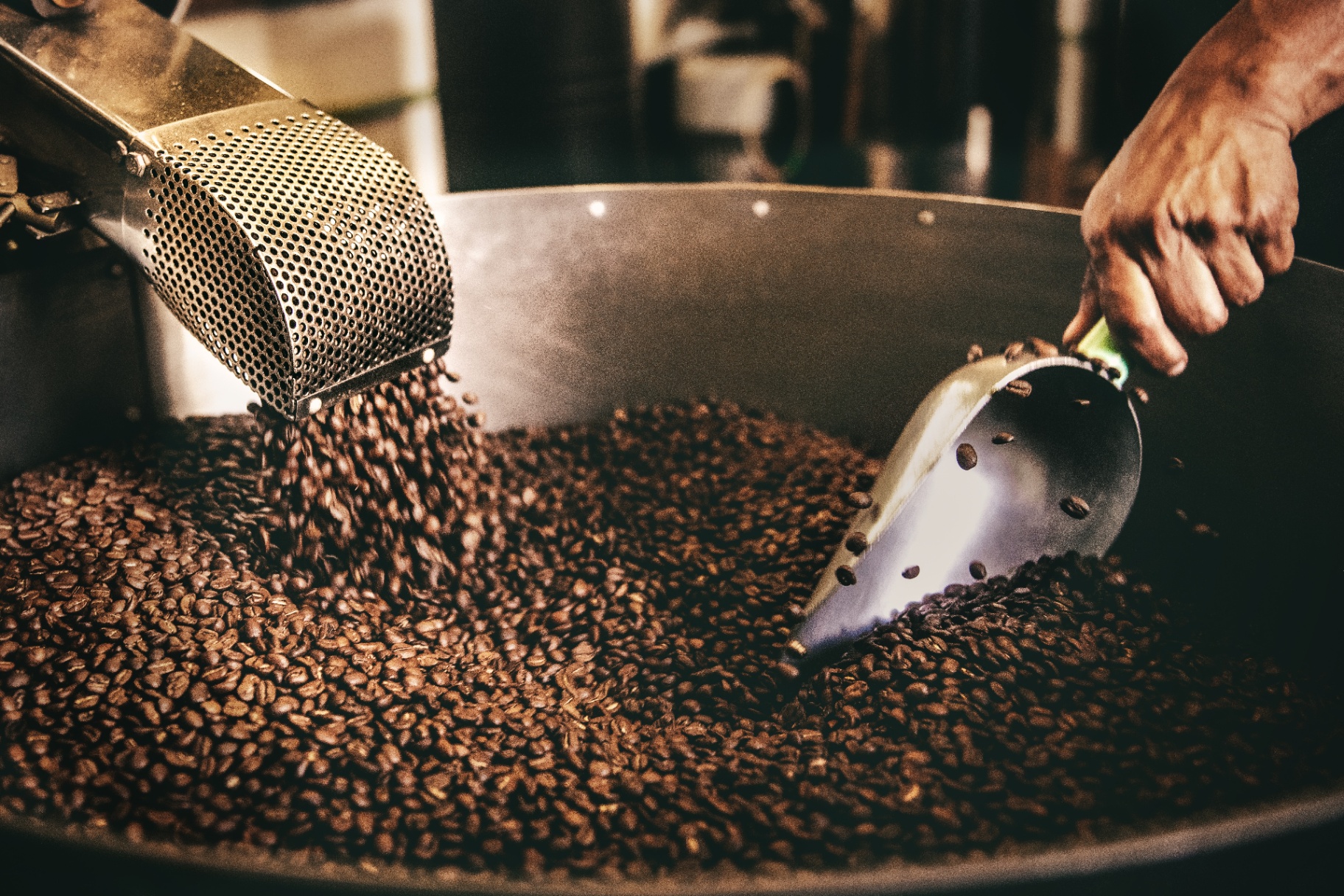How to Embrace a Bold Blend

I tell my children and I encourage parents I work with to tell their TCK children, we are people of many places. We’re not the kind that have all our connections in one place. Some families have one place, like equatorial places are warm year round. Some families have many places like some places have many seasons. Some instruments, like my clarinet play one line at a time, a piano can play many. A TCK is more like a piano, or even an pipe organ! Some coffee is sold single-source, others are a blend. What metaphors are helpful for you to understand the complexity of TCK-place connections?
Developing your family words and metaphor or metaphors for your multi-homeness, can help children embrace this in their identity. Otherwise children can get a sense of broken and scatteredness rather than a sense of integrated complexity.
Sometimes adults are afraid to bring up good past memories since it may lead to sadness and missing those times. Instead though, it’s good to talk fondly about your other places, and its important to acknowledge that those times and places and people were real. And that their loss is real. Parents can model healthy remembering and grieving by letting their feelings show, and showing their children that their feelings are welcome.
On the other hand, sometimes we also extoll one of our past people-and-place set-ups. We miss it so much, and the problems that were there are not happening anymore, so why bring them up? A pitfall here is that children might be left to wonder why you ever left. They might idealize that past life and interpret that you wish for it instead of what you have now. That might lead to them siding with an unreachable past against their present. Even when the leaving wasn’t voluntary, its important to remember the past out loud for children in a balanced way.
Discussing the present’s delights and challenges is another important way to lead as a parent. You can model that facing challenges is something normal, and something that family members can support each other about. If you let your child see you talking with another adult about how something is hard for you, they’re likely to imitate this and tell you about what they are facing. If you let them see you feel and talk your feelings without giving up, acknowledging how you feel and then making a deliberate choice instead of just riding emotional impulses, they’ll imitate your resilience. Remember every place has its unique challenges and exemplary aspects, just like the seasons of the year.
Traditions and rituals help children understand where they are in time and space and this is reassuring. For young children its helpful, at the very least let them know if you are saying a little goodbye, like until tomorrow or next week, or a big goodbye, like until your next trip to that country in a few years. I offer this suggestion as the threshold for other transition rituals and “place-season” celebrations.
Regions that have multiple seasons have rituals and celebrations to mark these seasons that help with saying goodbye to one and hello to the next. Multi-season cultures also have special activities that symbolize enjoying the seasons too. Think going to the lake or beach or river in the summer, playing in the snow or hot cocoa on a rainy day (I’m looking at you Seattle) in the winter. If you are going to be traveling this season, what is a special way you can mark the beginning of travel season? What is a tradition you can form around the travel itself? What is a tradition you can form around saying hello and goodbye to places and people? How can you take delight in the place that you’ve arrived? How can you take delight in the place you’ve returned to?
Photo by Tim Mossholder on Unsplash
